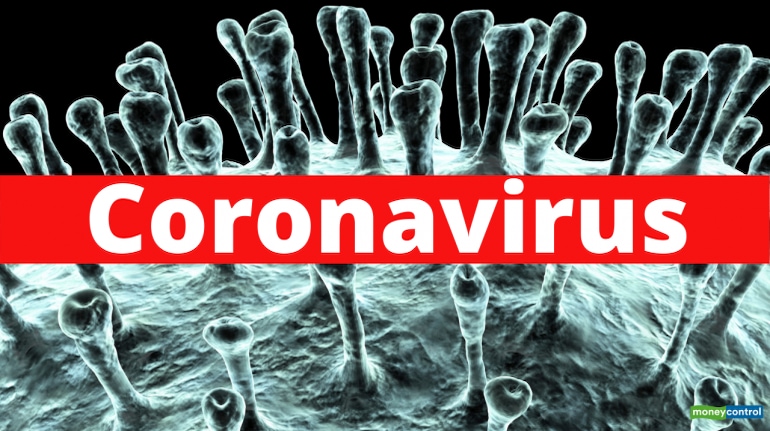



Armed with special protective gear -- including safety gowns, spectacles, N-95 masks and gloves -- scientists at the National Institute of Virology (NIV) here are working "round-the-clock" to ensure smooth testing of samples for the deadly coronavirus, while hand-holding associate centres spread across the country. The day at NIV -- the country's premier virus testing centre -- starts with the scientists going into a huddle to chalk out the strategy, which includes testing fresh cases for COVID-19, reconfirming ones that have already tested positive, and providing support and guidance to other labs, a senior scientist at the Indian Council of Medical Research (ICMR) said.
"In the last one month, we have tested around 4,000 samples across the country. Every day, on an average, 25 samples are being tested at NIV," Raman R Gangakhedkar, head of the Epidemiology and Communicable Diseases-I (ECD-I), Division of ICMR told PTI.
In the wake of 39 confirmed cases of COVID-19 in India so far, the Union Health Ministry has made 52 laboratories functional for testing samples while 57 labs have been designated for helping in sample collection to enhance the capacity for diagnosis and detection of the virus.
As of March 6, a total of 4,058 samples from 3,404 individuals have been tested by the network, officials said.
Gangakhedkar explained that if 10 samples, for example, are received in a day at NIV, five of these come in the morning, three by evening and two around night.
He noted that the workload at NIV may not be very high, however, the researchers have to work round-the-clock to ensure the smooth operations for coronavirus testing.
Gangakhedkar said, so far, the samples are mostly brought to NIV for reconfirmation for the virus which has already killed nearly 3,500 people and infected more than 100,000 across 92 countries and territories.
"There are special assignments also. Suppose a group of passengers or patients are brought from Wuhan or Japan, NIV plays a big role in their sample testing as their reports need to be sent back to their respective countries," he said.
He noted that NIV, being a pivotal institute, is hand-holding associate labs in the country by providing all the support and guidance.
"Every day there is a video conferencing with the associate testing lab centres where the issues are discussed and solutions for the problems are found," he said.
He added that all the positive samples tested at other centres need to be sent to NIV for reconfirmation.
"As part of the quality assurance and quality control, five per cent negative samples are being sent to NIV for retesting. The objective is to verify any difference in the results," Gangakhedhar said.
"Suppose they have sent a test result which is negative (for the virus), and it tests positive here at NIV, then it is checked what went wrong in the other lab's procedure," he added.
The scientist, however, said so far there was no such instance of a mismatch in the results.
He also noted that the researchers entrusted to test the samples -- which may potentially contain the virus -- are equipped with special protective equipment to ensure personal safety while testing.
"They have particular gowns, special spectacles, N-95 masks, and using all these equipment, the researchers deal with the samples, and utmost care is taken during the sample testing procedure," Gangakhedhar said.
N-95 masks are thicker than surgical masks and block out much smaller particles.
The scientists explained that the highly sensitive tests are carried out in a sanitised environment inside the labs fully-equipped with the testing material, machines and protocols.
Nose and throat swabs are used as specimens for detecting the coronavirus. The test takes anywhere between 10 and 24 hours for the confirmation.
The tests involve a gene-based assay called polymerase chain reaction (PCR), and a more sensitive form called reverse-transcription polymerase chain reaction (RT-PCR).
According to the World Health Organization (WHO), the diagnosis of COVID-19 must be confirmed by RT-PCR or gene sequencing for respiratory or blood specimens, as the key indicator for hospitalisation.
Gangakhedhar added that there are a total of 106 virus research diagnostics labs, all of which can be involved to increase sample testing if the need arises.
Discover the latest Business News, Sensex, and Nifty updates. Obtain Personal Finance insights, tax queries, and expert opinions on Moneycontrol or download the Moneycontrol App to stay updated!
Find the best of Al News in one place, specially curated for you every weekend.
Stay on top of the latest tech trends and biggest startup news.